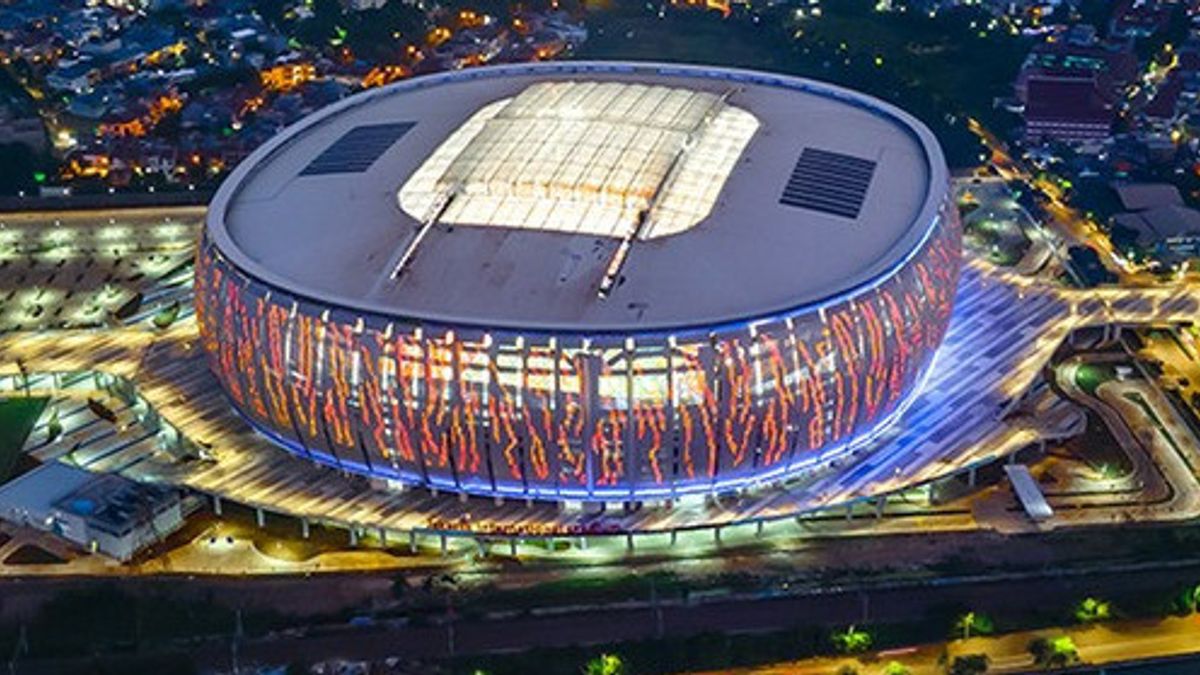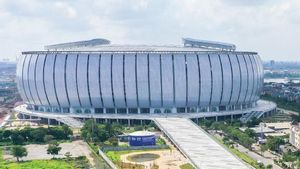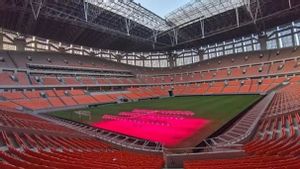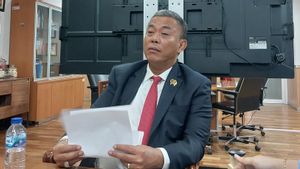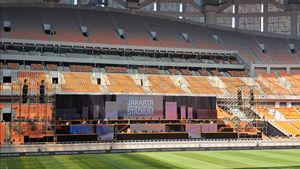The Jakarta International Stadium (JIS) has been in the public eye with a revitalization plan that sparked fierce debate. Questions arose regarding the importance of stadium revitalization and compliance with FIFA standards which were the main concerns. However, it is necessary to question whether the controversy regarding the revitalization of JIS is related to politics. It is good to improve the stadium to conform to international standards, but if there is political interference, it is best avoided. What's more, are changes necessary if the stadium is up to standard? In addition, a comparison of the initial development costs with the costs of revitalization also needs to be considered.
One of the reasons often cited for stadium revitalization is to improve the quality to comply with FIFA standards, including the type of grass that must be used as a playing surface. Ensuring JIS stadiums meet these standards is essential for an optimal experience for both players and spectators. Updating according to international standards is a good move.
However, it is also important to question whether the controversy over the revitalization of JIS has anything to do with politics. There are those who accuse of euphemism and political propaganda in this matter. This raises doubts about the seriousness of paying attention to the public interest and the quality of the stadium, not political motives that affect the transparency and objectivity of decisions.
Furthermore, the comparison of initial development costs with revitalization costs becomes relevant. JIS was built when Anies Baswedan was the Governor of DKI Jakarta and is considered a stadium with international standards that we are very proud of. The construction of this stadium took up a large budget, more than IDR 4 trillion. There are statements that the cost of revitalization is higher than the initial construction, but there are also those who state that the cost of renovation is not that big. According to PSSI Chairman, Erick Thohir, the cost of renovating the stadium does not reach IDR 5 trillion. The government has allocated a budget of IDR 1.9 trillion for the renovation of 22 stadiums.
SEE ALSO:
As the host for the 2023 U-17 World Cup, several stadiums, including JIS, were proposed as venues. All stadiums must meet FIFA standards. If the stadium does not meet these standards, renovations will be carried out according to the standards set. This standard has been determined by FIFA and PSSI as FIFA's representative in Indonesia, of course, already understands it. Information about the type of grass used at JIS can be seen immediately when the stadium is being built, and there is a traceable digital trail of the tests carried out. If there are things that need to be revitalized, it might be related to the environment around the stadium and the transportation system to the stadium.
Given the political context, especially ahead of the 2024 general election and the presidential election, doubts about transparency in revitalization decisions are relevant. Decisions based on narrow political considerations may not result in the best decision for the quality of the stadium and the public interest. Therefore, it is important to avoid political involvement in stadium revitalization so that the process remains objective and transparent.
Overall, revitalizing the stadium to meet international standards is a good step if there are no adverse political links. Revitalization considerations must be balanced with the costs required and the benefits generated. Stadium maintenance with a focus on quality and transparency will provide an optimal experience for all involved. Decisions taken must always prioritize the public interest and the development of quality football in Indonesia.
The English, Chinese, Japanese, Arabic, and French versions are automatically generated by the AI. So there may still be inaccuracies in translating, please always see Indonesian as our main language. (system supported by DigitalSiber.id)
